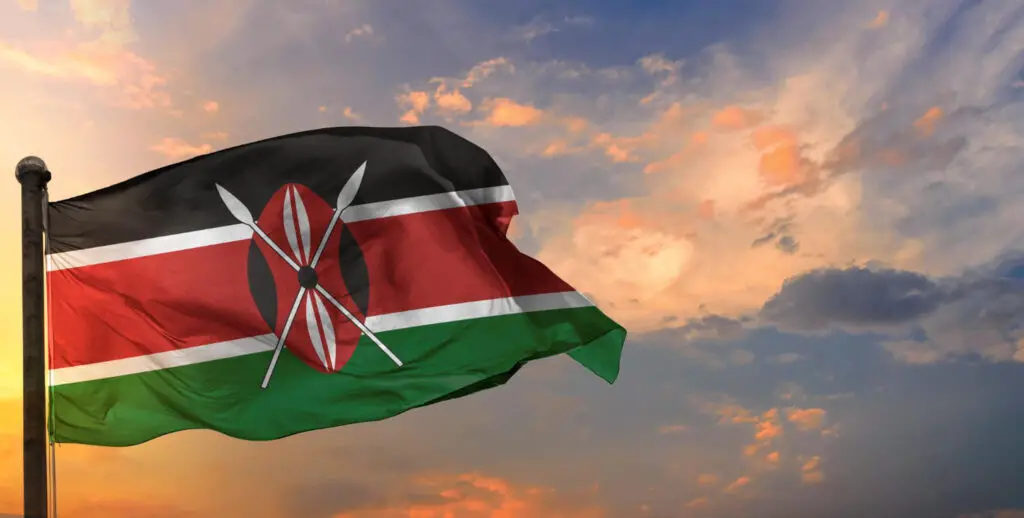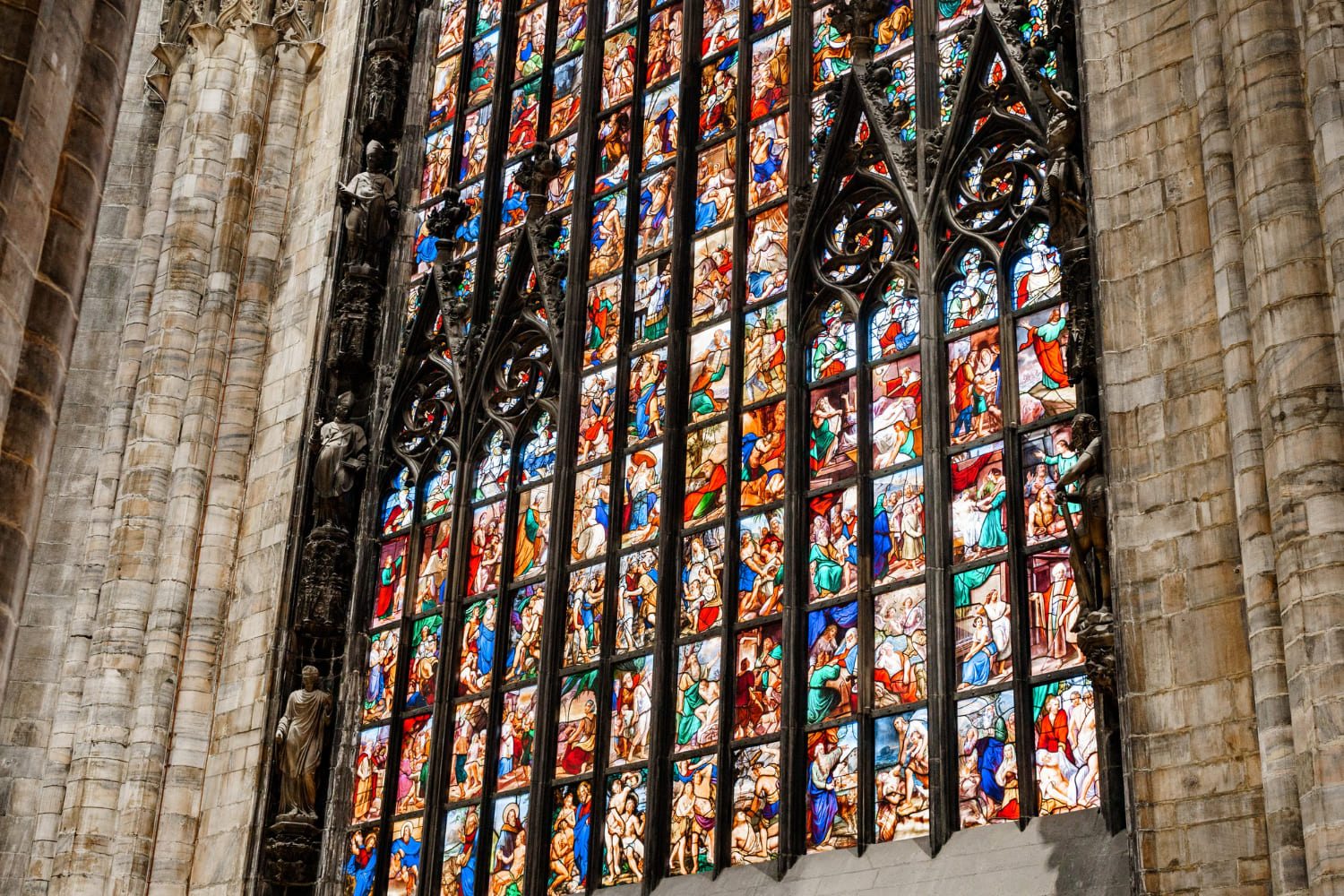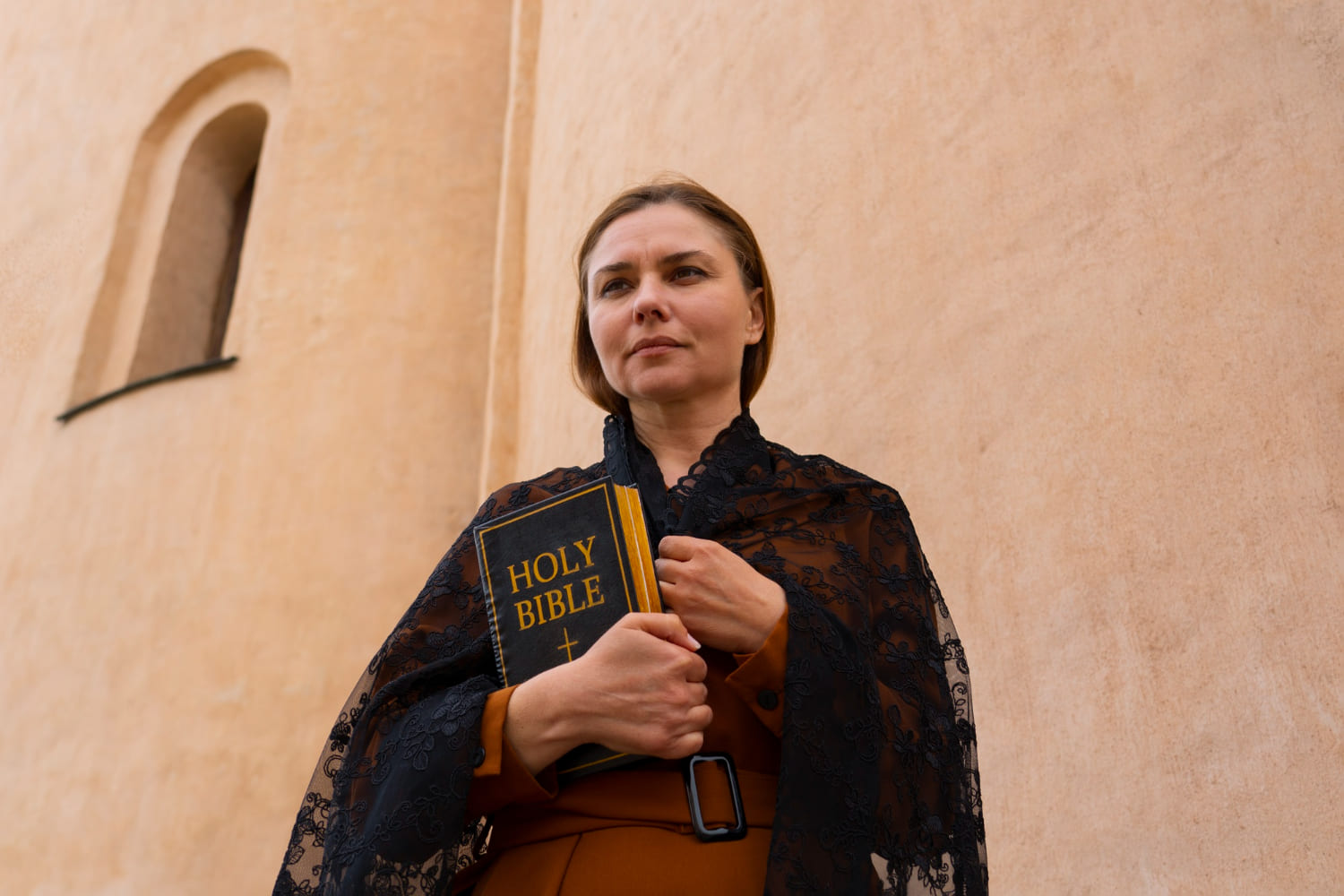Sudan is a country located in northeastern Africa, bordered by Egypt to the north, Libya to the northwest, Chad to the west, the Central African Republic to the southwest, South Sudan to the south, Ethiopia to the southeast, and Eritrea to the east. It is a country with a diverse population, comprising of over 597 ethnic groups, each with its own language and culture.
The majority religion in Sudan is Islam, which is practiced by around 90.7% of the population.

Islam has been the dominant religion in Sudan since the 7th century, when Arab traders introduced it to the region.
The religion has since spread throughout the country, and today, Sudan is home to many Islamic institutions, including the Al-Neelain University, which is one of the oldest Islamic universities in the world.
In addition to Islam, there are also significant populations of Christians and followers of traditional African religions in Sudan.
Despite the diverse religious landscape in Sudan, there have been tensions between different religious groups in the country.
The government has been accused of discriminating against non-Muslims, particularly in the southern part of the country, which is predominantly Christian.
Nevertheless, Sudanese people of different religions have coexisted for centuries, and many have embraced a syncretic approach to religion, blending elements of Islam, Christianity, and traditional African religions.
- Overview of Religions in Sudan
- Major Religions
- Indigenous Beliefs and Practices
- Demographic Distribution
- Geographic Religious Landscapes
- Ethnicity and Religion
- Religious Influence on Culture and Society
- Religion in Public Life
- Interfaith Relations
- Statistical Insights
- Population Statistics by Religion
- Trends and Changes
Overview of Religions in Sudan

Sudan is a country located in northeastern Africa with a population of approximately 44 million people.
The country has a diverse religious landscape, with Islam being the dominant religion.
However, there are also significant populations of Christians and followers of indigenous beliefs and practices.
Major Religions
Islam is the largest religion in Sudan, with approximately 90.7% of the population identifying as Muslim.
The majority of Sudanese Muslims follow the Sunni branch of Islam, while a small minority follows the Shia branch.
Islam has been present in Sudan since the 7th century and has played a significant role in the country’s history and culture.
Christianity is the second-largest religion in Sudan, with approximately 5.4% of the population identifying as Christian.
The majority of Sudanese Christians belong to the Coptic Orthodox Church, with smaller populations of Roman Catholics and Protestants.
Christianity was introduced to Sudan in the 5th century and has a long history in the country.
Indigenous Beliefs and Practices
In addition to Islam and Christianity, there are also significant populations of Sudanese who follow indigenous beliefs and practices.
These beliefs and practices vary widely depending on the region and ethnic group.
Some common practices include ancestor worship, spirit possession, and divination.
Despite the diversity of religious beliefs and practices in Sudan, the country has a long history of religious tolerance and coexistence.
However, there have also been periods of conflict and tension between different religious groups, particularly during times of political instability.
Demographic Distribution
Geographic Religious Landscapes
Sudan is a country with a diverse religious landscape.
According to the 2020 Pew Research Center data, around 91% of the population is Muslim, while 5.4% is Christian. The rest of the population follows traditional African religions or are unaffiliated.
The northern part of Sudan is predominantly Muslim, with a majority of the population following Sunni Islam.
The southern part of the country has a significant Christian population, particularly in the states of South Kordofan, Blue Nile, and Upper Nile.
In these regions, Christianity is the dominant religion, with a majority of the population following the Catholic and Anglican denominations.
Ethnicity and Religion
Religious affiliation in Sudan is closely tied to ethnicity.
The majority of the Muslim population in Sudan are Arabs, while the non-Arabs are mainly followers of traditional African religions or Christianity.
The Nuba Mountains region is home to a diverse population of ethnic groups, including the Nuba, who follow traditional African religions, and the Ingessana, who are predominantly Christian.
In recent years, there have been efforts to promote religious tolerance and coexistence in Sudan.
The 2019 overthrow of former President Omar al-Bashir led to a shift towards a more secular government, and the signing of the Juba Peace
Agreement in 2020 included provisions for religious freedom and the protection of minority rights.
Despite these efforts, tensions between different religious and ethnic groups remain a challenge in Sudan.
Religious Influence on Culture and Society
Religion in Public Life
Religion plays a significant role in Sudanese public life. Islam is the dominant religion, followed by Christianity and a small number of adherents of traditional African religions.
The constitution of Sudan recognizes Islam as the official religion of the state, and laws and policies are often influenced by Islamic principles.
For example, the legal system in Sudan is based on Islamic law, or Sharia, and the government has implemented policies that reflect Islamic values, such as dress codes for women.
Interfaith Relations
Interfaith relations in Sudan have been strained at times, particularly between Muslims and Christians.
However, there are also examples of cooperation and understanding between the two communities.
For instance, both religions have been involved in peacebuilding efforts in Sudan, and there are organizations dedicated to promoting interfaith dialogue and understanding.
In addition to the relationship between Islam and Christianity, there are also tensions between different Islamic sects in Sudan.
The majority of Muslims in Sudan are Sunni, but there are also significant populations of Shia and Sufi Muslims.
These groups have at times been at odds with each other, and there have been instances of violence between them.
Despite these challenges, religion continues to be an important part of Sudanese culture and society.
It influences everything from daily life to politics, and it is an important factor in the country’s history and identity.
Statistical Insights
Population Statistics by Religion
According to U.S. Department of State statistics, Islam is the dominant religion in Sudan, practiced by around 90.7% of the population.
Christianity is the largest minority faith in the country, accounting for around 5.4% of the population.
A substantial population of adherents of traditional faiths is also present.
The report indicates that less than 1 percent of the population, primarily in Blue Nile and South Kordofan States, adhere to traditional African religious beliefs.
Some Christians and Muslims incorporate aspects of these traditional beliefs into their religious practice.
Trends and Changes
Sudan has undergone significant changes in its religious landscape in recent years.
In 2019, the country’s long-time leader Omar al-Bashir was ousted from power, and a transitional government was formed.
This government has taken steps to promote religious freedom and tolerance in the country.
In 2021, the United States Department of State reported that the transitional government had made progress in protecting religious freedom and promoting interfaith dialogue.
The report also noted that the government had taken steps to address past abuses, such as the destruction of churches and the confiscation of Christian properties.
Overall, while Sudan’s religious landscape has undergone significant changes in recent years, Islam remains the dominant religion in the country, with a substantial minority of Christians and adherents of traditional faiths.
The transitional government has taken steps to promote religious freedom and tolerance, but more work needs to be done to ensure that all Sudanese citizens are able to practice their religion freely and without fear of persecution.







